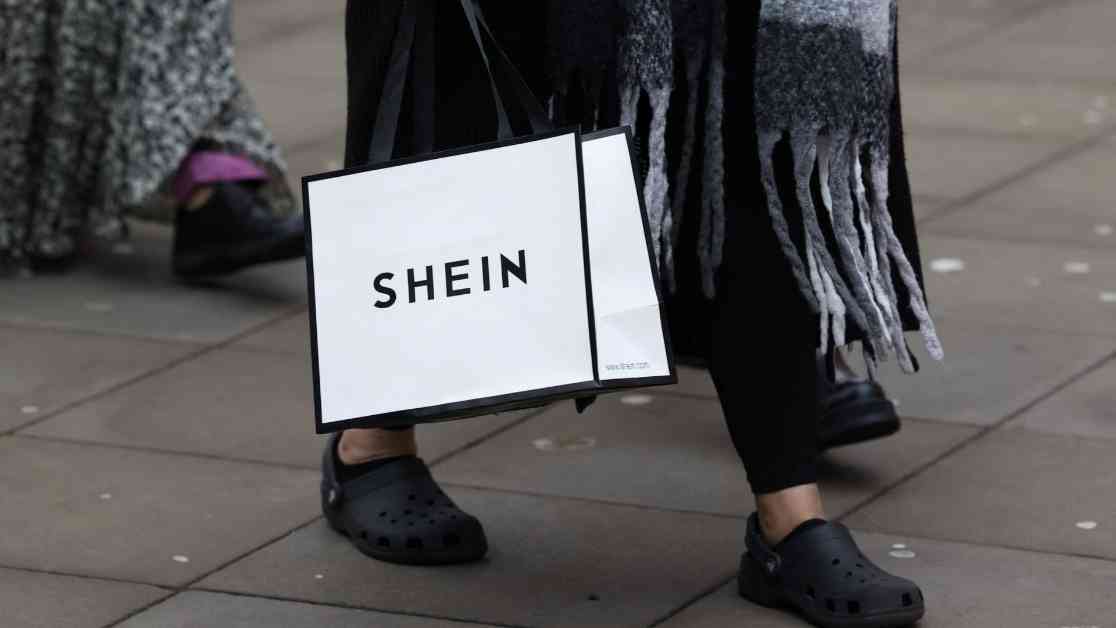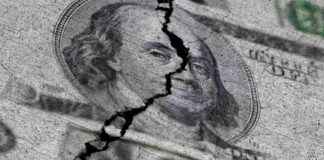Shein’s Commitment to Safety and Sustainability Ahead of London IPO
Amid the bustling streets of Manchester, a shopper strolls down the sidewalk, clutching a bag filled with promotional goodies from fast-fashion retailer Shein’s Christmas bus tour. The scene captures the essence of Shein’s latest charm offensive, as the company sets its sights on a public listing in London, potentially as early as this year. With a renewed focus on product safety and sustainability, Shein aims to win over lawmakers and customers alike in the U.K. market.
Product Safety Measures and Recalls
In a recent press release, Shein unveiled its rigorous product safety protocols, highlighting the steps taken to ensure the safety of its merchandise. The announcement followed a product safety recall in the U.S. – the first since 2021 – which involved more than 2 million product safety tests conducted last year. These tests, performed by leading industry labs like Bureau Veritas and Intertek, cover a wide range of items, from toys and baby products to medical devices and electronics.
One notable recall involved over 300 hair dryer brushes due to potential electrocution or shock hazards for consumers. Despite the resemblance to a product by Dyson, no injuries were reported, and Shein promptly offered refunds to affected customers. The company emphasized that it conducts safety tests on its own products and implements risk-based testing on items from third-party vendors before listing them on its marketplace.
Unlike many online marketplaces, Shein’s proactive approach to product safety testing for third-party sellers sets it apart in an industry plagued by safety concerns. By terminating over 260 sellers who failed to meet compliance requirements, Shein demonstrates a commitment to ensuring the safety and quality of its offerings.
Facing Scrutiny in the U.K.
As Shein prepares for its London IPO, the company faces scrutiny from U.K. lawmakers regarding its supply chain practices. During a recent parliamentary hearing, Shein’s general counsel in Europe, Yinan Zhu, faced tough questions about the company’s sourcing of cotton from China’s Xinjiang region. Zhu’s repeated refusal to disclose details about the company’s supply chain left lawmakers “horrified” and raised doubts about the integrity of Shein’s operations.
While Shein had previously been vocal about its efforts to avoid sourcing cotton from banned regions, including China, the company’s evasive responses in the parliamentary hearing drew criticism. Committee Chairman Liam Byrne expressed disappointment in Shein’s lack of transparency, highlighting the need for accountability in the supply chain.
In response to inquiries about forced labor in Xinjiang, Zhu maintained that Shein complies with local laws and regulations, sidestepping the broader ethical implications. The company’s reluctance to engage in discussions about its supply chain practices has fueled skepticism among lawmakers and consumers alike.
Shein’s Pledge to Transparency and Accountability
As Shein navigates the complexities of global supply chains and regulatory compliance, its commitment to safety, sustainability, and transparency will be under intense scrutiny. The company’s proactive approach to product safety testing and sustainability initiatives reflects a broader trend in the fashion industry towards greater accountability and ethical sourcing practices.
With its upcoming IPO in London, Shein faces a critical juncture in its quest for market dominance. By addressing concerns about product safety, sustainability, and supply chain transparency, Shein aims to build trust with stakeholders and consumers alike. The fashion giant’s ability to navigate these challenges will shape its reputation and future success in an increasingly competitive marketplace.



















